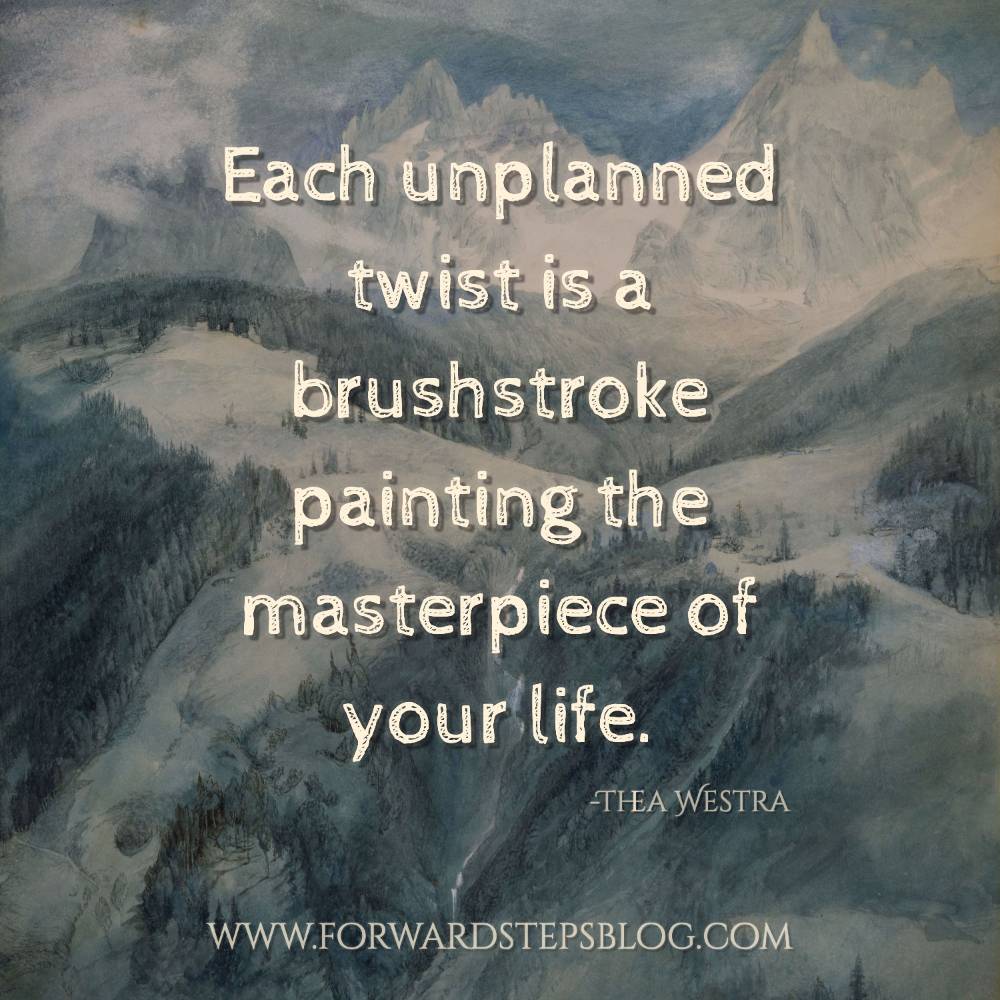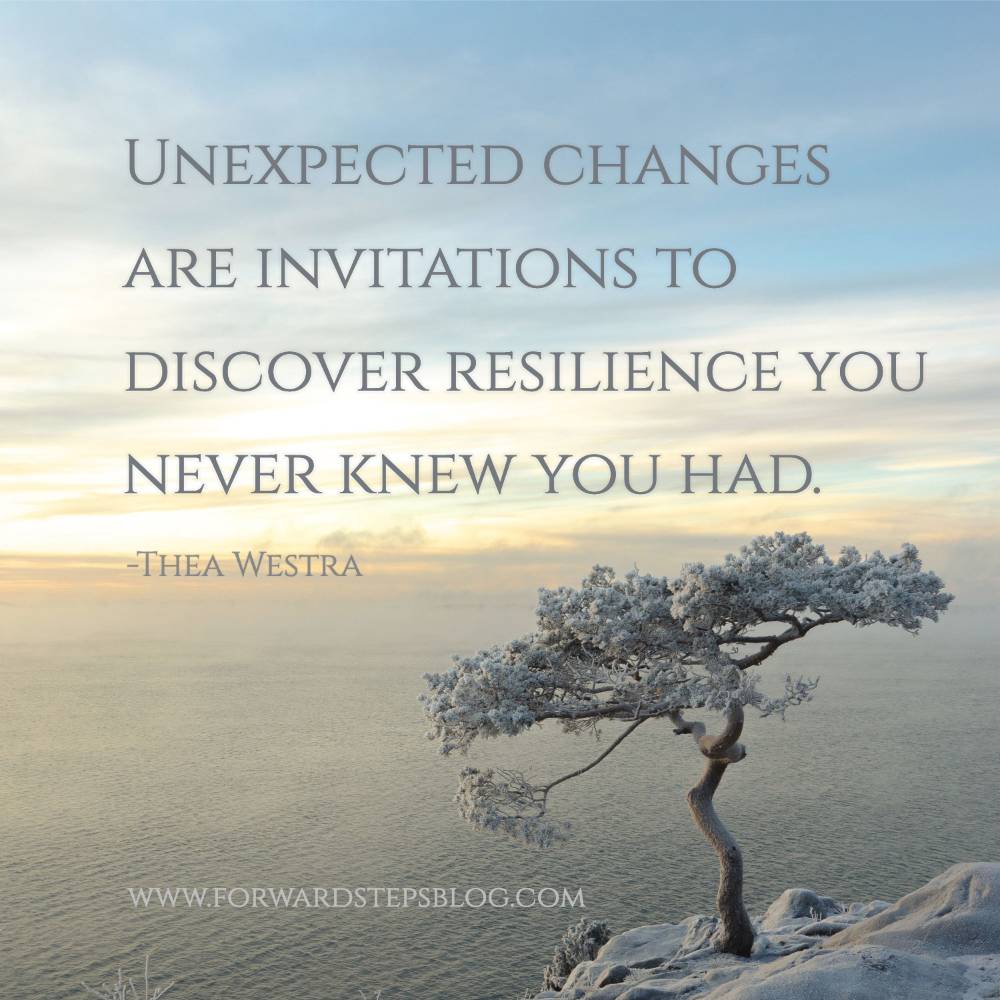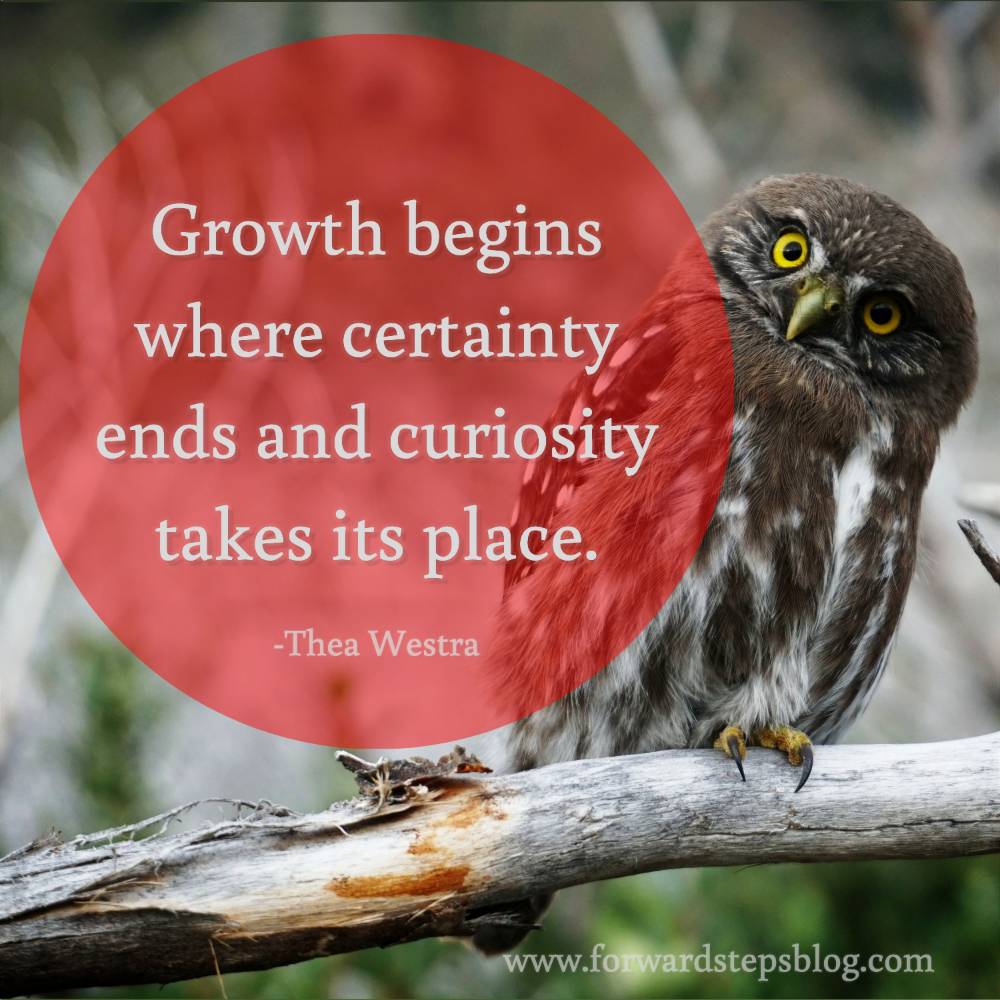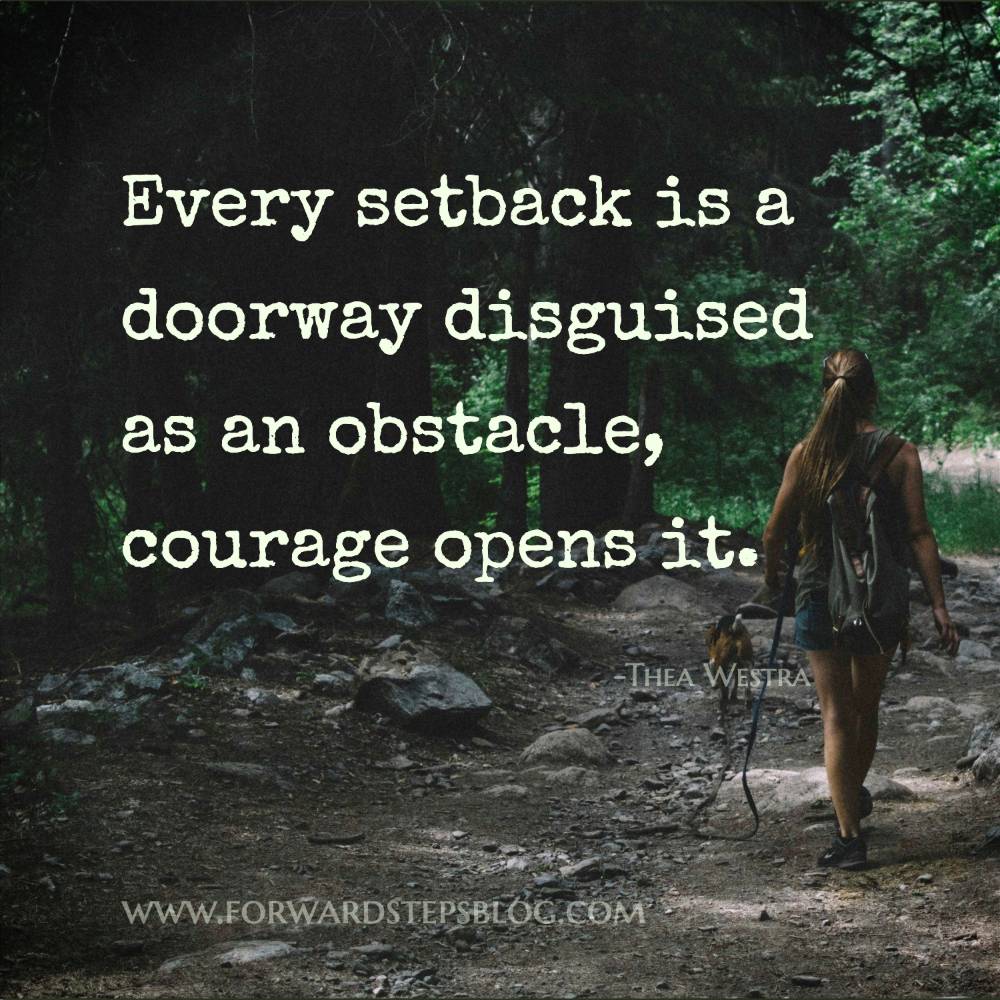The detour that defines you
At some point you will glance back at your life and notice that almost nothing unfolded as you first imagined. Perhaps you thought you would marry your childhood sweetheart, only to find yourself years later building a new life with someone you had not even met at the time.

Life is rarely a straight line. It zigzags through careers, relationships, homes and identities. What you once saw as a detour often becomes the main road. The plan you wrote down at eighteen, twenty-five or even fifty might have offered comfort, yet the real story emerges when circumstances tear up that script. It is tempting to grieve the life you never had, yet the wiser path is to embrace the life you never planned on. The detour is not a distraction, it is the curriculum.
Why control is a fragile illusion
Human beings crave certainty. We draft plans because they create a sense of order in an unpredictable world. Yet control is fragile, and much of it is imagined. We cannot control the economy, the weather, other people or the sudden appearance of opportunity. We might set goals, yet their fulfilment always depends on variables outside our command.
Surrendering to what is allows your strength to rise where struggle cannot reach. Share on XResearchers in behavioural science have long noted that overconfidence in control increases stress when reality disagrees with expectation. The illusion of control keeps us tethered to frustration. The antidote is acceptance. When you accept that you do not hold the reins of every circumstance, you discover that freedom exists not in mastery of events but in mastery of interpretation.

The hidden strength of surrender
Surrender often carries the scent of defeat, yet it is nothing of the sort. To surrender in the face of the unplanned is to stop fighting reality and begin learning from it. The storm cannot be stopped, though you can still choose how to walk through it.
The Austrian psychiatrist Viktor Frankl, who endured the brutality of concentration camps, spoke of the last of human freedoms: the ability to choose one’s attitude in any circumstance. His insight was born from the harshest of realities, yet it applies to the ordinary disruptions of daily life. When you surrender to what is, you reclaim energy that was wasted on denial. Surrender allows you to pivot from resentment to creativity.
The life you never planned on often holds the richest treasures of meaning. Share on XImagine losing a job you thought would define your career. The immediate impulse is panic. Yet those who surrender to the reality of loss often discover skills, passions and possibilities that a stable job never demanded. What seemed like collapse becomes the birthplace of reinvention.
Lessons woven through detours
Life’s unplanned turns carry their own curriculum, often more rigorous than anything offered in formal education. Consider just a few examples:

The broken relationship. Heartbreak is universal. It feels like devastation, yet it forces the building of identity independent of another person’s validation. Resilience is forged not when everything goes smoothly, but when belonging is torn away and you learn to stand regardless.
The health scare. Nothing clarifies priorities faster than a sudden diagnosis or physical limitation.
Goals once urgent lose their power, while neglected values take centre stage. People often find deeper gratitude and sharper presence in the wake of health challenges.
Authenticity emerges when the plans you clung to fall away. Share on XThe financial crash. When resources vanish, creativity awakens. Many entrepreneurs credit their ingenuity to moments when scarcity forced them to reimagine how to survive. Loss becomes a crucible for invention.

Each of these detours is disruptive, though within each lies the seed of growth. Life is less about avoiding these turns and more about learning their lessons quickly.
Choosing growth instead of grievance
When a carefully built plan collapses, two roads open: grievance or growth.
Grievance keeps you replaying the story of what should have been. Growth asks, ‘What now?’ The choice is rarely easy, yet it is always available.
Detours reveal what a straight path could never show, your true character. Share on XPersonal development thrives on honest reflection. Journalling allows you to capture your first reactions, then revisit them with a cooler mind.
Meditation helps you notice thoughts without becoming entangled. Conversations with trusted mentors provide perspectives you cannot access alone. These practices turn raw disappointment into processed wisdom.
One of the strongest predictors of future wellbeing is how quickly a person can move from blame to responsibility.

Meaning as a chosen construction
Meaning does not arrive fully formed with every event. It must be made.
One person loses a job and calls it a catastrophe. Another loses the same job and calls it an invitation to finally pursue a long-suppressed passion. The difference lies not in the event but in the meaning assigned.
Neuroscience reveals that reframing experiences literally reshapes neural circuits. Choosing constructive interpretations wires your brain toward resilience. This means your interpretation of the unplanned is not merely philosophical, it is physiological. Every time you choose a perspective that empowers rather than diminishes, you strengthen pathways that make similar choices easier in the future.
Resilience grows quietly in moments when life refuses to follow your script. Share on XMeaning-making transforms biography into legacy. The unplanned chapter becomes the very section that future generations admire. When people tell their life stories, the most compelling moments are rarely the planned ones. They are the turning points, the surprises, the chapters no one saw coming.
The gift behind the disruption
To embrace the life you never planned on is to embrace authenticity. The plans we cling to often carry the fingerprints of cultural expectation, parental hopes or societal norms. When disruption tears them away, you are left with a more honest core.

Fulfilment arises not from executing a flawless script but from discovering who you are when the script vanishes. Every disruption strips away pretence and points you toward what truly matters. A planned life might appear safe, though the unplanned life is alive.
The truth is that no one really lives the plan they drew in adolescence. Life exceeds or contradicts it. What seemed like disaster often becomes destiny. The unplanned life is rarely comfortable at first, yet it holds the deeper invitation. It is here that you find resilience, authenticity and freedom. The life you never planned on is the life that reveals you.
PLUS check out these free gifts from friends… CHECK out the following great resources as well…Forward Steps Personal Development »








